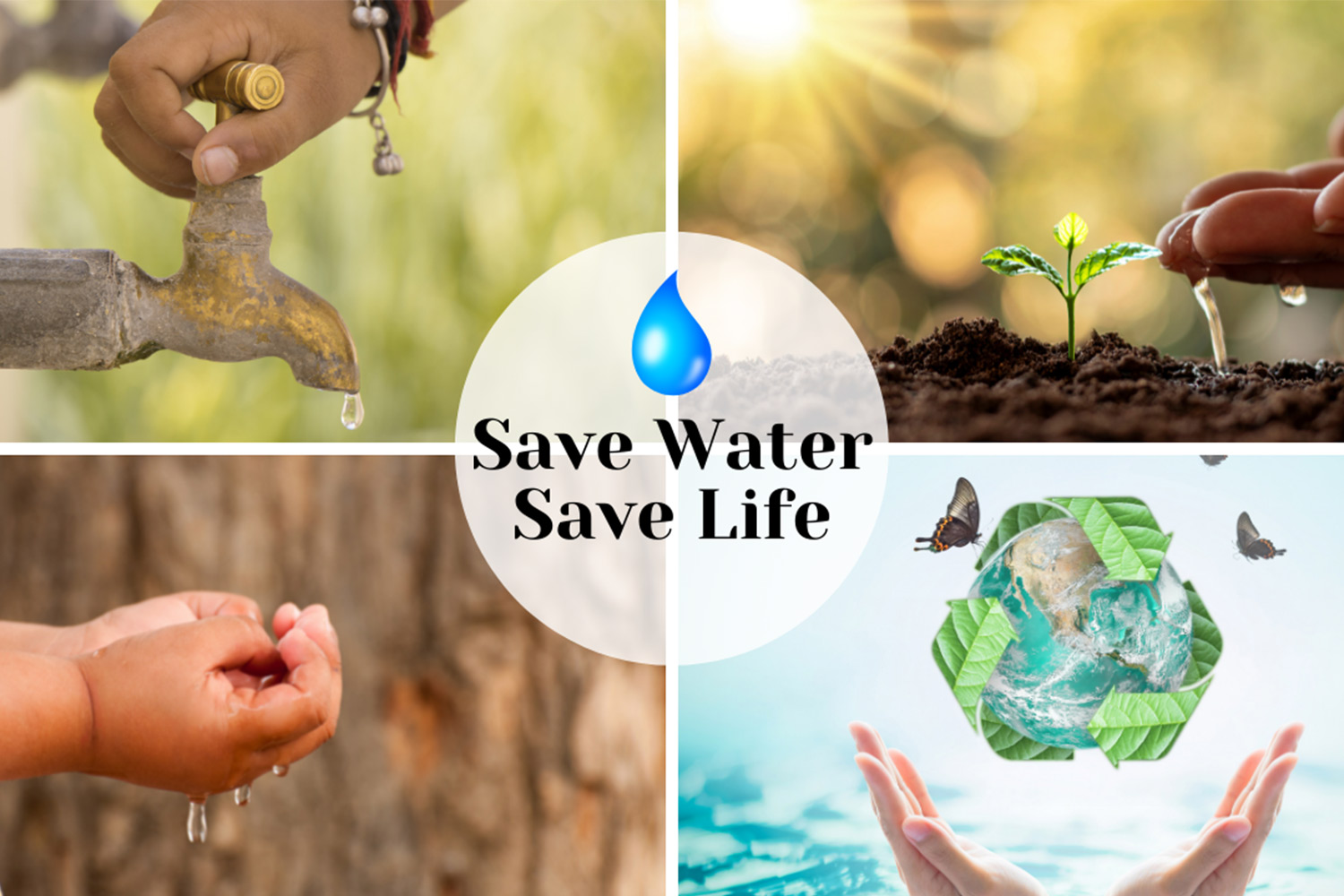
For Water Conservation Segment in the video above, please start at timestamp position – 4:25
August 25, 2022
Greetings Residents, I hope that you are doing as well as can be during this current round of oppressive heat and humidity. Please refer to my last taping for dealing with these harsh conditions.
Today, I want to revisit the need for voluntary water conservation efforts.
Water Conservation. As we can see we have continued to experience very hot and dry conditions. The forecasted rain for Monday and Tuesday did not materialize.
During our Monday night Board meeting, Mike Tremper, who manages and runs the Town’s municipal water supply, reported to the Board the current status of our Town’s public water supply. As Mike reported, the NYS DEC reports that our region, Region II, is currently in a drought watch status. A drought watch is declared when a drought is developing. Public water suppliers need begin to conserve water and urge customers to reduce water use. Because of the forecast for little if any measurable rain during the next week, we are concerned the conditions may worsen.
- a. Average daily water usage continues to rise to an average of 1.5 million gallons a day.
- b. Our 3 wellfields are currently pumping above normal rates although not yet at a point of criticality.
- c. Our biggest concern lies with our residents who depend on their private wells, especially shallow wells below 100′ in depth. we are fielding an increasing number of calls about failing wells from residents and the department of Public health.
The Village of Fishkill has begun restrictions on outside water usage, as a result so is the Town of Fishkill town-wide. This affects Fleetwood and Watch Hill.
- I and our Town Board strongly recommend that we observe more proactive water conservation practices by all residents.
What You Can Do Indoors to Save Water
- Turn off the faucet while shaving, washing up, brushing teeth, and washing dishes.
The average person uses 10.9 gallons of water from the faucet a day. - Fix dripping and leaking faucets and toilets.
A faucet leaking 30 drops per minute wastes 54 gallons a month.
See the USGS Drip Calculator - Don’t run the tap to make water cold or hot.
Instead, keep a pitcher of water in the refrigerator. - Put a plastic jug filled with water in the tank of conventional toilets.
You’ll save that much volume in water each time you flush. - Throw used facial tissues into the waste basket instead of using the toilet as a waste basket.
You’ll save up to 6 gallons of water each time you don’t flush. - Wash only full loads of dishes and laundry.
The average dishwasher uses 8-12 gallons whether or not it’s a full load. - Install water-saving plumbing fixtures.
A low-flow shower head saves up to 7.5 gallons a minute. - Take shorter showers or fill the bathtub only part way.
The average person uses 15 gallons a day in bathing and hygiene.
What You Can Do Outdoors to Save Water
- Raise your lawn mower cutting height.
Longer grass needs less water. - Use a pool cover.
It will reduce water loss from evaporation. - Use mulch around shrubs and garden plants to save soil moisture.
Apply organic mulches 4 inches deep to keep plant roots cool, prevent soil crusting, minimize evaporation, and reduce weed growth. - Wash cars less frequently.
If your car desperately needs a bath, take it to a car wash that recycles water. - Sweep sidewalks and steps rather than hosing them.
Eliminating a weekly 5-minute pavement hose-down could save between 625 and 2500 gallons of water per year depending on the flow rate. - If your community allows watering, water lawns and gardens on alternate mornings instead of every day.
Less frequent watering will develop grass with deeper roots, and early morning watering minimizes evaporation. - When using automatic lawn watering systems, override the system in wet weather or use a rain gauge or soil moisture sensor to control when and how much water to use.
- A fixed watering schedule wastes water. Irrigate only when needed. It saves water and can actually improve your lawn’s health.
These are basic practice conservation methods regardless of weather conditions, if need be more aggressive practices may be required.
Until soon, please stay cool, safe and remain well Dr. Richard L. Thurston
